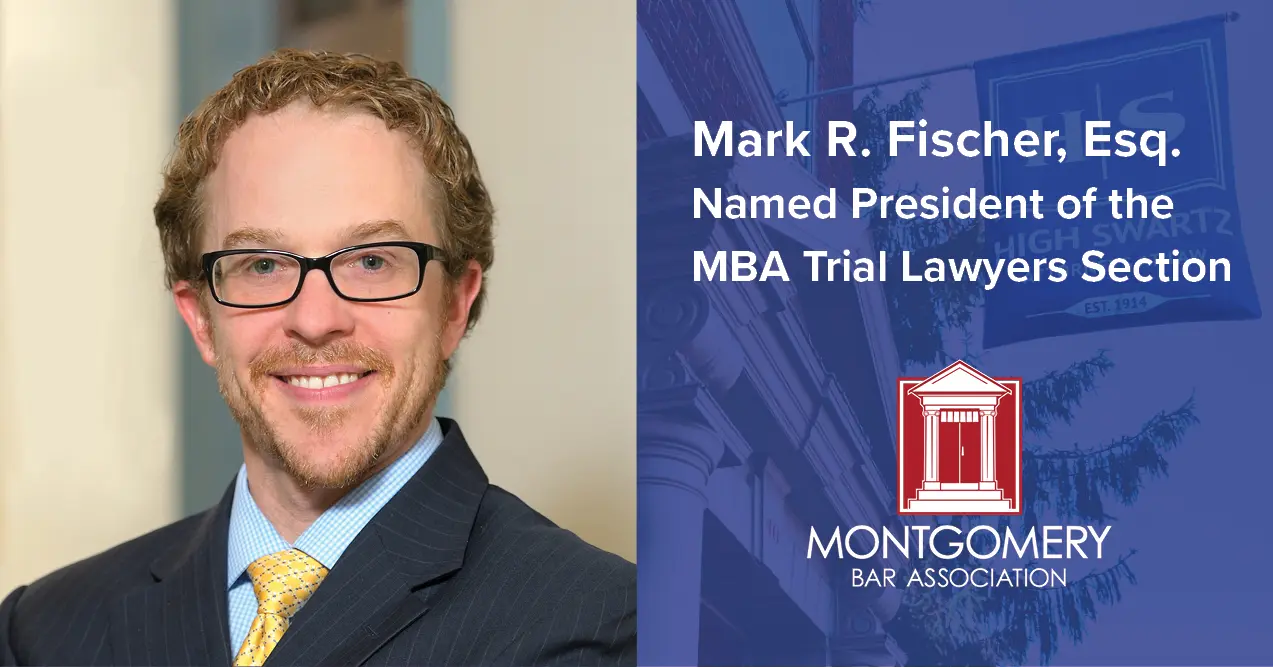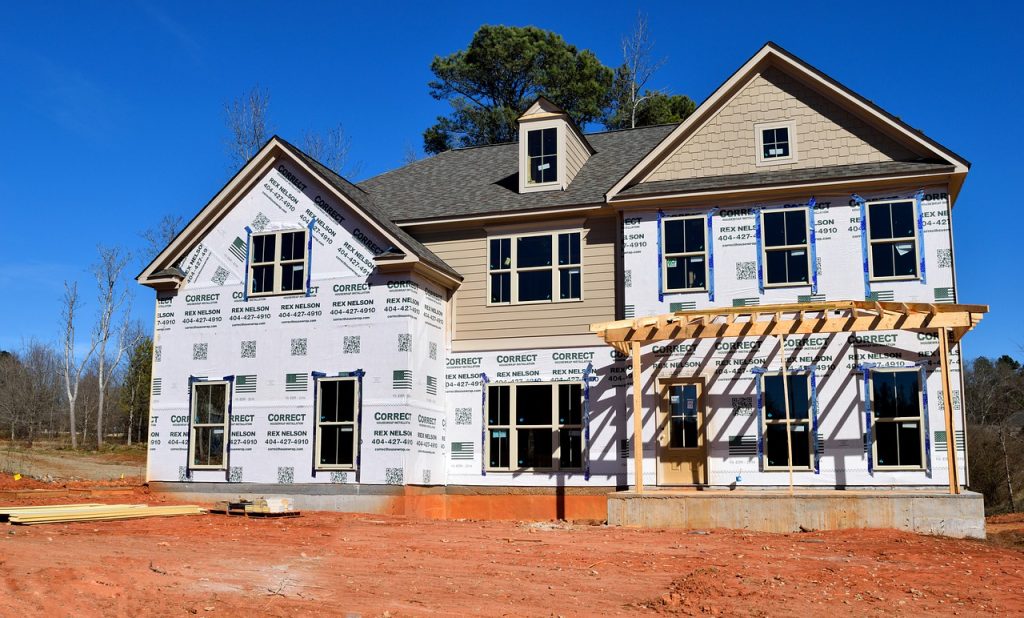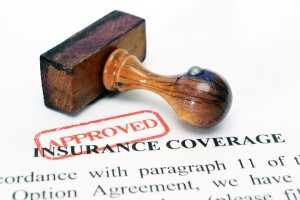On June 5, 2025, a Chester County jury awarded $3.25 million to three families in East Brandywine Township who sued their homebuilder, Southdown Homes, over significant construction defects. The verdict marks the first of several related lawsuits filed by residents of the Estates at Hideaway Farms—and it sends a clear signal to Pennsylvania homeowners: there is a path forward when a builder fails to deliver a sound, livable home.
The Hideaway Farms Lawsuits: What Happened?
The affected homeowners purchased properties for $635,000 to $770,000 in a suburban development built by Southdown Homes. Within several years, they discovered serious issues—water infiltration, mold, failing stucco and stone veneer, and poorly installed windows and doors. Professional inspections confirmed the problems and estimated repair costs well above $100,000 for each home.
The homeowners took legal action, citing negligence, misrepresentation, breach of contract, and violations of Pennsylvania’s consumer protection laws. The jury ultimately sided with the plaintiffs, awarding:
- $1.1 million to Jennifer and Eric Vaichunas
- $1.2 million to Jennifer and Michael Campbell
- $950,000 to Heather and Steven Simon
These awards reflect not only the cost of repairs, but also the financial and personal toll on the families who had to live with—or move out of—damaged homes.
What This Means for Other PA Homeowners
This case illustrates that Pennsylvania homeowners have meaningful legal options when construction defects cause serious harm. Even when builders deny responsibility or attempt to blame weather events or the homeowners themselves, the civil court system allows buyers to seek accountability.
Common legal claims in these situations may include:
- Negligence in design or construction practices
- Breach of contract for failing to meet promised building standards
- Fraud or misrepresentation when material facts are concealed or misstated
- Consumer protection violations under Pennsylvania’s Unfair Trade Practices and Consumer Protection Law
These claims can apply whether the builder was a regional developer, a national homebuilding company, or a smaller local Pennsylvania contractor.
Signs of a Potential Construction Defect
Homeowners experiencing any of the following should consider having their property evaluated:
- Leaks or staining around windows, doors, or ceilings
- Cracking or bulging stucco or masonry
- Mold growth or persistent moisture indoors
- Rotting wood, warping floors, or failing trim
- Unexplained energy inefficiency or drafts
At times these issues stem from deeper construction flaws—improper flashing, missing vapor barriers, substandard materials, or failure to follow code or manufacturer specifications.
Taking Legal Action
If you’ve raised concerns with your builder and haven’t received meaningful repairs or communication, seeking legal recourse may be an option.
Consulting with a construction attorney may help homeowners:
- Evaluate whether their builder may be liable
- Gather proper inspection reports and documentation
- Determine applicable claims and potential recovery options
- Understand timelines for filing a lawsuit under Pennsylvania law
The success of the Hideaway Farms plaintiffs underscores that homeowners are not without rights. Holding builders accountable can protect your investment and encourage better practices industry-wide.
Know Your Rights Under Pennsylvania Law
Pennsylvania homeowners can pursue legal claims related to construction defects within a limited time period, depending on the type of claim and when the defect became apparent. This is known as the statute of limitations, and it can vary for contract, negligence, and consumer claims.
In many cases, delays in identifying problems—or trying to resolve them informally—can reduce your legal options. That’s why it’s important to document problems early and seek legal guidance if issues persist.
If you are experiencing construction issues in a recently built or renovated home, the Hideaway Farms case may offer both precedent and encouragement. Legal remedies are available, and Pennsylvania courts have shown they are willing to hold builders accountable when the evidence supports it.
Michael A. Luongo is a Bucks County attorney in the firm's business litigation construction law, and municipal practices. He represents clients in a variety of commercial and business litigation matters including contract breaches, construction litigation, and land use and zoning disputes.
The information on this page is for general informational purposes only and does not constitute legal advice. While we strive to ensure the content of this website is accurate and up-to-date, laws and legal processes vary significantly based on location and individual circumstances. The content included herein should not be used as a substitute for consulting with a qualified attorney. For advice tailored to your legal matter, please contact our law offices to speak with one of our experienced local attorneys.










